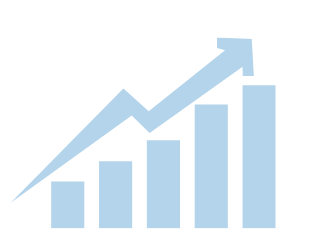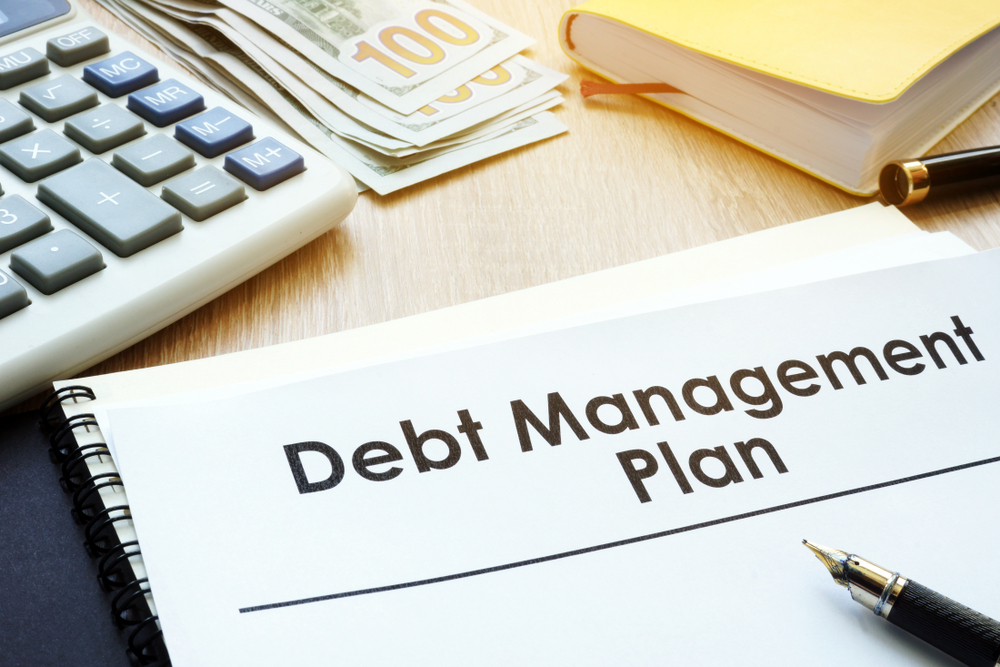It is essential to understand the various terms and processes associated with managing credit card debt. Two often-confused terms are charge off vs. write off.” While they may appear similar, they hold different meanings and implications for your creditworthiness. Understanding these terms and their consequences can empower you to make more informed decisions regarding your financial health. In this article, we will delve into the distinction between charge off and write off and explore their implications for credit card debt.

In the world of credit card debt, both charge off and write off come into play when an account becomes seriously delinquent. These terms are used by credit card companies to account for the risk of losing money due to unpaid debts. However, it is vital to note that charge off and write off do not absolve you of your financial obligation. Instead, they mark different stages in the debt collection process.
Charge Off
Charge off is a term used to describe the status of a debt when a credit card company no longer considers it as a source of income. This classification occurs when you fail to make payments on your credit card for an extended period, typically around 180 days. While charge off is a significant negative event for your credit history, it does not mean the debt is wiped away or forgotten. It merely represents the point at which the creditor decides the account is unlikely to be repaid and charges the amount off as a loss on their financial records.
Write Off
Write off, on the other hand, refers to the accounting process that follows a charge off. It involves the credit card company adjusting its books to reflect the loss incurred due to the uncollectable debt. A write off is an internal accounting action that recognizes the reality that the debt is unlikely to be collected. However, it does not cancel out your responsibility to repay the debt. The creditor may continue collections efforts or assign or sell the debt to a collection agency to pursue payment.
Implications: Charge Off vs. Write Off
Impact on Credit Score and Credit Report
Both charge off and write off have adverse effects on your credit score and credit report. When a debt is charged off, it is reported as a negative item on your credit report for seven years from the date of the first missed payment. This negative mark can significantly lower your credit score, making it more challenging to obtain credit in the future. Additionally, the charge off status serves as a warning sign to potential lenders of your past repayment issues, reducing your creditworthiness.
A debt write off does not have a direct impact on your credit score, but it does not improve your situation either. The write off is typically reported as “charged off” or “settlement accepted” on your credit report, indicating that the debt was not repaid in full. This negative record can further hamper your creditworthiness and future borrowing prospects.
Tax Implications
Aside from the impact on your credit score, charge off and write off may also have tax implications. When a debt is charged off, the creditor may send you a 1099-C form, which reports the canceled debt as taxable income. This means that you may be required to report the amount charged off as income on your tax return and potentially pay taxes on it. However, certain exceptions and exclusions may apply, such as being insolvent at the time of the charge off. Consulting a tax professional is advisable to navigate through the complexities of this process.
Regarding the debt write off, the tax implications can be similar to those of a charge off. If a portion of the debt is forgiven or canceled, you may owe income tax on the canceled amount. It is crucial to consult a tax professional to understand your specific situation and potential tax liabilities.
Debt Collections and Settlements
Both charge off vs. write off often precede debt collections or settlements. After a charge off, the credit card company may continue to pursue payment internally, assign or sell the debt to a collection agency, or initiate legal action against you. The charged-off debt may be subject to collection calls, letters, or lawsuits, causing significant stress and inconvenience.
Similarly, a write off may lead to debt collection efforts. The creditor may choose to sell the debt to a collection agency, which will then actively pursue payment from you. Collection agencies have significant leeway in their methods, which could include increased collection attempts, legal action, or negotiation for a debt settling amount.
Ability to Negotiate
Navigating the debt collection landscape can be overwhelming, but it also presents an opportunity to negotiate. Both charge off and write off create an environment where you may be able to negotiate a settlement with your creditor or a collection agency. A settlement typically involves paying a reduced sum to satisfy the debt in full. When negotiating a settlement, it is crucial to consider the impact on your credit score and ensure you have a clear understanding of the terms and repercussions before agreeing to any arrangement.
While charge off and write off are often used interchangeably, they represent distinct stages in the credit card debt collection process. Charge off is the point at which the creditor writes off the account as a loss on their books, while write off is the accounting adjustment reflecting the uncollectable debt. Both charge off and write off damage your credit rating, making it harder to secure future credit. Additionally, both may have tax implications, potentially requiring you to report canceled debt as taxable income. Finally, both stages may lead to debt collection efforts or open doors for negotiation on a settlement.
Understanding the implications of charge off vs. write off can help you handle credit card debt more effectively. It is crucial to stay proactive, communicate with your creditors, and explore options for repayment or settlement. By taking control of your financial situation, you can work towards rebuilding your credit and securing a more stable financial future.



